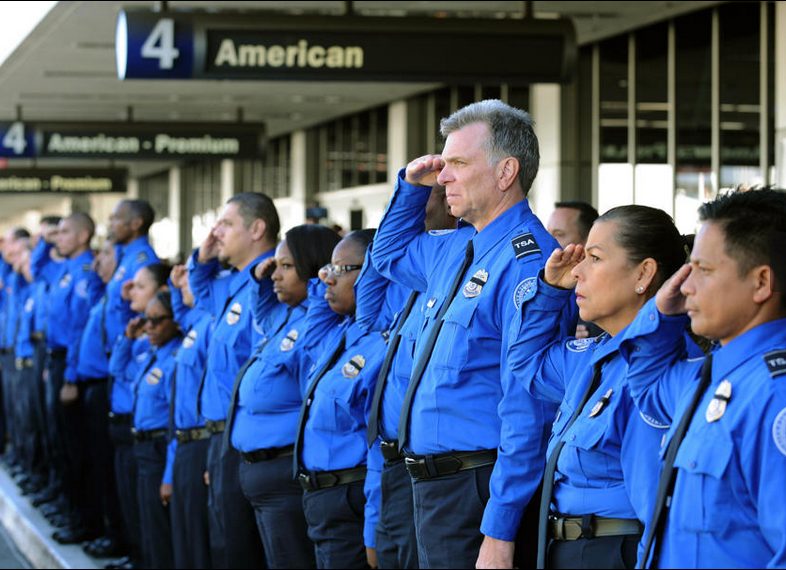
On Friday, Nov. 1, Transportation Security Agent (TSA) officer Gerardo I. Hernandez was killed and six other victims were injured when Paul Anthony Ciancia, 23, opened fired at the security check at the Los Angeles International Airport (LAX). The event has raised the question of whether or not TSA officers should be armed.
Despite the incident, arming TSA officers is complicated and potentially dangerous. The job of a TSA officer is not law enforcement, and raising them up to that status may lead to more concerns. They should not be armed for the same reason security officers are not armed.
Arming TSA officers would require thorough screenings to determine that they are mentally capable of having weapons. Also, they would have to be trained and educated about safety procedures. This would cost money, take an immensely long time and include unwanted complications.
Stewart Verdery, a former Department of Homeland Security official, told the L.A. Times, “You want to spend your time training TSA officers to look for dangerous weapons and dangerous people,” he said. “Arming tens of thousands of agents who are largely dealing with average travelers is not necessary.”
Travelers, including University High School student Flora Chang, agree.
In an interview with JSR, Chang said, “I don’t think TSA officers should be armed because it could possibly lead to worse consequences. This is similar to how people wanted to arm teachers after the Sandy Hook incident last year, but you can’t fight violence with violence. I think the best way to avoid these situations is to take precautions.”
There are ways to enhance security without arming 45,000 TSA officers. Increasing communication between TSA officers and the local police is method of increasing safety without blowing out proportion.
But in a society that values freedom of movement and person, it is impossible to completely protect everyone. Arming TSA officers does not make airports prone to shooters or terrorists, and even if airports somehow became impenetrable to shooters, the shooter would just move to another location and continue their crime.
“We know we can provide extraordinary security measures wherever and whenever we want,” says asks Brian Jenkins, an expert on terrorism and aviation at Rand Corporation. “But the question needs to be asked by society as a whole: Are we going to protect every airport, supermarket, mall, and school — and at what cost and inconvenience?”

